Programs & Projects
Udall Center Programs
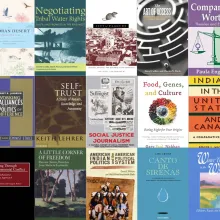
Udall Center Fellows Program
Since 1990, over 160 UArizona faculty members from more than 40 departments have been relieved of their teaching duties for a full semester to focus on public policy research. This work has resulted in dozens of books, academic papers, and new sources of project funding for those selected to serve as Udall Center Fellows.
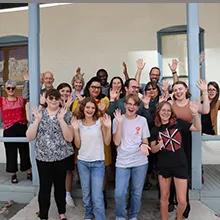
Mo's Policy Scholars
Each year, select Udall Center faculty and staff pair up with undergraduate juniors and seniors to provide those students with hands-on experience working on real U of A research projects and programs.
The Udall Center’s mandate is to engage in applied research and outreach on public-policy topics relating to economic development, environment, tribal governance, public health, public lands, and energy transitions. Our real-world public-policy orientation is evident in our sustained institutional efforts on national immigration policy and our globally-recognized study of international and interjurisdictional borders, most particularly, the US-Mexico border. Sustaining international collaboration and policy engagement remains a hallmark of our applied public-policy programs. Additionally, over the past few years, we have pivoted strongly to include public-health policy with research outputs addressing food systems, water access, and tribal public-health laws.
Since 1995 we have worked in close partnership with the Udall Foundation, a federal agency, via a congressionally-defined relationship that includes provisions for a permanent annual funding mechanism that has provided major financial support. The Foundation has been instrumental in supporting our programs and is the co-creator, with the University, of our Native Nations Institute. The Udall Center enjoys both strong financial and robust programmatic relationships with the Foundation.
The results of our work have been broadly disseminated via a strong record of peer-reviewed publications, a host of influential white papers, frequent well-attended public forums, and exposure in media. The breadth of our public-policy engagements, accompanied by the exceptional success we have achieved in securing external funding for our applied policy work, has permitted us the flexibility necessary to move into new, mission-relevant policy areas as local, regional, national, and international needs dictate.

PFAS: Water Quality and Novel Pollutants
Udall Center researchers and students are conducting new research into policy and governance responses to novel pollutants such as PFAS (known as “forever chemicals”) at the local, state, federal, and international levels.

EMIGRA -- Especies Migratorias y Gobernanza de sus Ambientes
This project, led by Udall Center Research Professor Laura López-Hoffman with support from Research Director Jonathan Derbridge, aims to quantify the benefits provided to human beings by migratory species in their various habitats and use the information to guide species-specific conservation efforts across international borders.
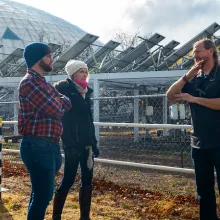
Agrivoltaics: Innovations at the nexus of Food, Energy and Water Systems
Former Udall Center Fellow Greg Barron-Gafford is working with Udall Center Director Andrea Gerlak and others to study how growing crops under solar panels can help increase crop yields and reduce water usage through funding from the US Department of Energy, the US Department of Agriculture, among others.

Southwest Urban Corridor Integrated Field Laboratory (SW-IFL)
Researchers from U of A, ASU and NAU are examining the threats to urban areas in the Copper State posed by extreme heat during this five-year project funded by the Department of Energy. Udall Center Associate Research Professor Ladd Keith is leading the research team at U of A.

Global Heat Health Information Network (GHHIN)
GHHIN is a group of global climate, health, and heat experts that are taking a critical look at how communities can mitigate and manage the inevitable increase in extreme heat events. Udall Center Associate Research Professor Ladd Keith is a member of the GHHIN Management Committee.
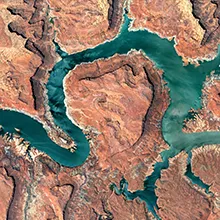
Colorado River Governance
The Udall Center, a team of researchers and collaborating organizations are monitoring the health of the Colorado River and the policies governing how the river’s water resources are managed and distributed to international stakeholders.

Green Infrastructure for Cities
Our research team is working to help cities better utilize the renewable natural resources at their disposal in order to build a more resilient and sustainable future for all. We partner with schools, faith organizations, governments and more in our research and outreach in this area.
Past Projects
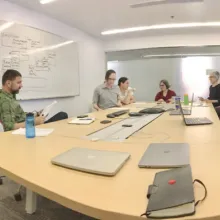
NEPAccess
The NEPAccess project, led by Udall Center Research Professor Laura López-Hoffman, involves creating a knowledge-discovery platform for finding and analyzing decades of applied science and records of public participation in U.S. environmental decision-making processes.
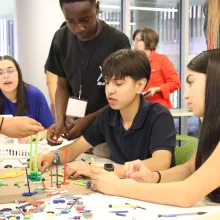
Sunnyside Middle School STEM Peer Mentoring
Udall Center Assistant Professor Adriana Zuniga-Teran joined up with Lauffer Middle School STEM teacher Jackie Nichols and nonprofit CommunityShare to design and implement a multi-tiered peer mentoring program for the 2023-24 school year.
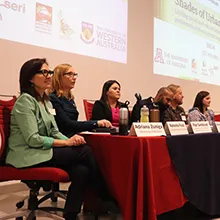
Shades of Urban Greening
Led by Assistant Professor Adriana Zuniga-Teran with support from colleagues at U of A, the University of Western Australia, Northern Arizona University, the University of North Carolina Wilmington, Tucson Water and the Sonoran Environmental Research Institute, this project aims to evaluate the landscaping preferences of people in dryland urban areas and examine the social, design and environmental impacts of plant foliage color in those areas.
Native Nations Institute
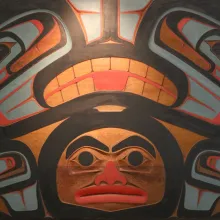
Research and Policy Analysis
In conversations with NNI researchers, Indigenous leaders and managers often identify two types of resources necessary for effective policymaking: 1) reliable, rigorous analyses that provide evidence about new approaches to governance and development, and 2) written accounts of Native nations' successes in various policy-making arenas. These concerns are at the heart of the Native Nations Institute's research and policy analysis.
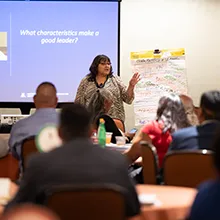
Tribal and Direct Services
NNI provides specialized services to Native nations, organizations, and communities requesting assistance with issues ranging from constitutional reform and institution-building to strategic planning and economic development on a fee-for-service basis. Services are also provided to non-native professionals and professional entities looking to learn how to better partner with Native nations and Indigenous Peoples.
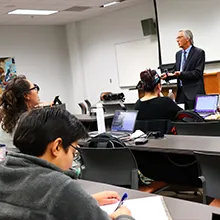
Education and Professional Development
Through a collaboration with the James E. Rogers College of Law Indigenous Peoples Law & Policy Program, NNI’s Indigenous Governance Program provides professional development, leadership training, and graduate education for anyone interested in a deep, practical understanding of Indigenous governance, law & policy.

Digital Resources
Engage with a curated library of more than 1600 resources in NNI’s Indigenous Governance Database or view a comprehensive set of tools on tribal constitution making and remaking in the Constitutions Resource Center.
Collaborative Policy Programs
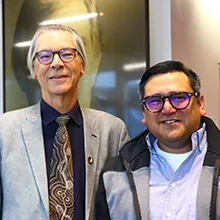
Indigenous Governance Program (IGP)
In partnership with the James E. Rogers College of Law Indigenous Peoples Law & Policy Program
In addition to NNI’s annual flagship masters-level learning event, January in Tucson, the IGP also offers a Master of Professional Studies, a Graduate Certificate and a Legal Continuing Education Certificate in Indigenous Governance.
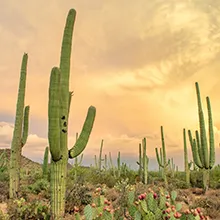
Center for Climate Adaptation Science and Solutions (CCASS)
In partnership with the Arizona Institute for Resilience
CCASS brings together a wealth of expertise at the University of Arizona to support sound management choices in the context of climate change, linking science, information needs of managers, and decision-making.

NADBank and CECnet Mailing Lists
The Udall Center for Studies in Public Policy manages the mailing lists for the North American Development Bank (NADBank; formerly Border Environment Cooperation Commission [BECC]) and the Commission for Environmental Cooperation (CEC).
Click here for directions on how to subscribe to news updates from these organizations.

